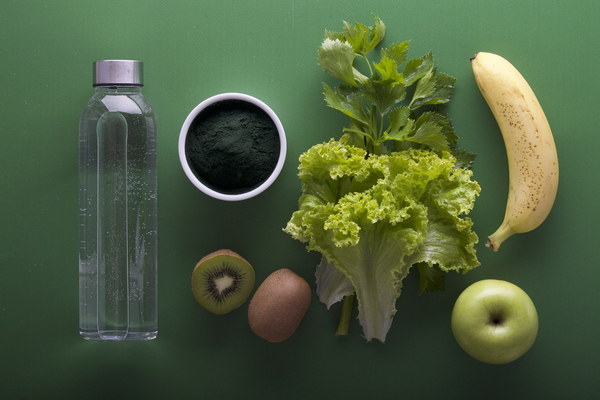Optimal Care and Maintenance for the Athletic Body A Comprehensive Guide for Sports Enthusiasts
Introduction:
The body of a sports enthusiast is a remarkable machine designed for endurance, strength, and agility. However, to maintain peak performance and prevent injuries, it requires proper care and maintenance. This article delves into the essential practices for athletes to ensure their bodies are in top shape, both on and off the field.
1. Nutrition: The Fuel for Performance
A well-balanced diet is crucial for athletes. Here are some key nutritional guidelines:
a. Carbohydrates: These are the primary energy source for the body. Include a variety of whole grains, fruits, and vegetables in your diet.
b. Protein: Essential for muscle repair and growth. Lean meats, fish, eggs, dairy, legumes, and plant-based options like tofu and tempeh are great choices.
c. Fats: Healthy fats are important for hormone production and overall health. Avocados, nuts, seeds, and olive oil are good sources.
d. Hydration: Water is vital for regulating body temperature, transporting nutrients, and removing waste. Aim to drink at least 8-10 glasses of water per day, more if you are sweating heavily during training.
2. Regular Exercise: The Foundation of Fitness
Consistent exercise is essential for maintaining an athletic body. Here's how to structure your routine:
a. Cardiovascular Training: Incorporate activities like running, swimming, or cycling to improve cardiovascular health and endurance.
b. Strength Training: Resistance exercises help build muscle, enhance performance, and prevent injuries. Aim for a mix of compound and isolation exercises, targeting major muscle groups.
c. Flexibility: Stretching and yoga can improve flexibility, reduce the risk of injury, and enhance overall performance.
d. Rest and Recovery: Allow your body to recover between workouts. Incorporate rest days and consider active recovery activities like walking or light cycling.
3. Sleep: The Body's Rejuvenator
Adequate sleep is critical for muscle repair, immune function, and cognitive performance. Aim for 7-9 hours of quality sleep per night, and establish a consistent bedtime routine to signal your body for rest.
4. Injury Prevention and Management
Injuries are a common concern for athletes. Here are some strategies to prevent and manage them:
a. Warm-Up: Begin each workout with a dynamic warm-up to increase blood flow and prepare your muscles.
b. Technique: Perfect your form to minimize the risk of injuries. Consider working with a coach or trainer to improve your technique.
c. Cross-Training: Mix up your workouts to prevent overuse injuries and keep your body balanced.
d. Rest and Ice: If you experience pain or discomfort, rest the affected area and apply ice to reduce inflammation. Seek medical advice if pain persists.
5. Mental Health: The Mind-Body Connection
The mental aspect of sports is just as important as the physical. Here's how to maintain a healthy mental state:
a. Mindfulness and Meditation: These practices can help reduce stress, improve concentration, and enhance overall well-being.
b. Goal Setting: Set realistic and achievable goals to stay motivated and focused on your athletic journey.
c. Support System: Surround yourself with positive influences and a support network of friends, family, and teammates.

Conclusion:
Caring for an athletic body involves a holistic approach that encompasses nutrition, exercise, rest, injury prevention, and mental health. By following these guidelines, sports enthusiasts can optimize their performance and enjoy a fulfilling athletic journey. Remember, the key to success is consistency and self-care. Invest in your body, and it will reward you with exceptional health and peak performance.









